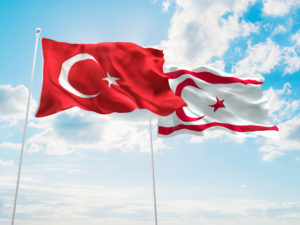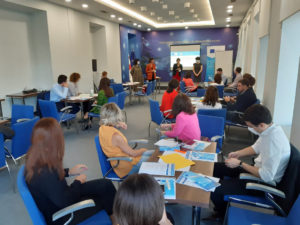
Capacity Building of Relevant Institutions under the Sector Reform Contract for Education Reform in Serbia Strengthening links with Employment and Social Inclusion
The project’s overall objective is to ensure timely, efficient and effective reforms in the education sector as part of the country’s preparations for EU accession negotiations under the Instrument for Pre-Accession. WEglobal is working with the Ministry of Education, Science and Technological Development, the Institute for Development of

Reinforcement of the National Social Security Fund (NSSF) in Lebanon
In Lebanon, there is no comprehensive national policy to fight poverty and a particular, effective social security system for poor people. Without improvements, Lebanon cannot hope to move towards realistically integrated and adequate social protection interventions. Thus, the project aimed to contribute to improving the quality and coverage

Technical Assistance to Support the Implementation of the Rural Development Sector Development Programme (Phase 1 + 2)
After the positive vote of the Turkish Cypriot community in the 2004 referendum to reunite the island, the European Council decided to end the isolation of the Turkish Cypriot Community and facilitate its integration with the EU. Therefore, the purpose of the project was to improve socio-economic conditions

“Setting up a Programme Management Unit to Support the Implementation of Grant Schemes for the Turkish Cypriot Community”, in Northern Part of Cyprus
It can be said that countries need reconciliation, confidence-building, and support regarding civil society. In this way, the overall objective of the programme was to prepare the Turkish Cypriot community for the implementation of the acquis by contributing in particular to social and economic development including restructuring human

Support to the Development of the Penitentiary and Probation Systems in Georgia
Countries are looking for an effective and fair way to penalize criminals and prevent recidivism significantly. Within this scope, the overall aim was to reduce recidivism in Georgia and to develop modern and efficient criminal and probation systems to ensure public safety that protects the human rights of

Facility for the Implementation of the EU-Georgia Association Agreement- II
The project aims to strengthen the capacity of public institutions in Georgia to meet the country’s commitments under the EU-Georgia Association Agreement (AA), including the Deep and Comprehensive Free Trade Area.

